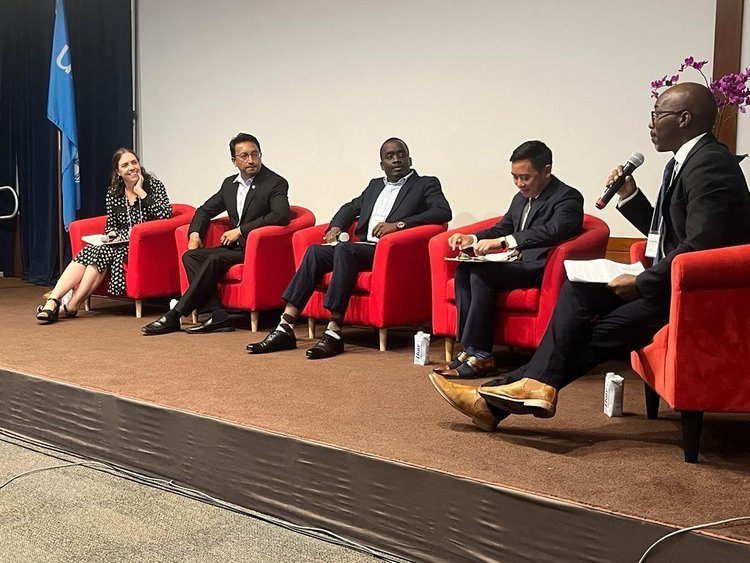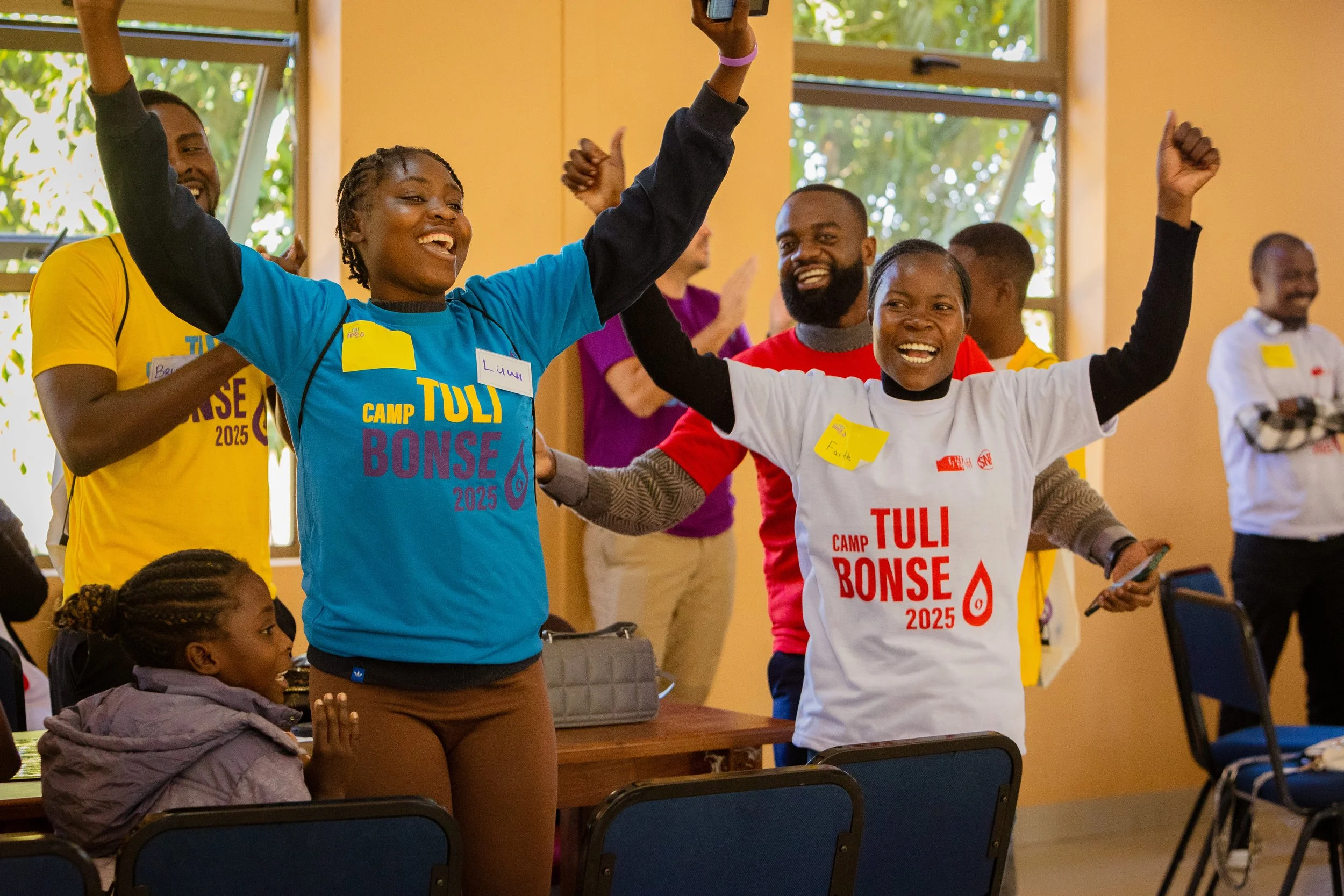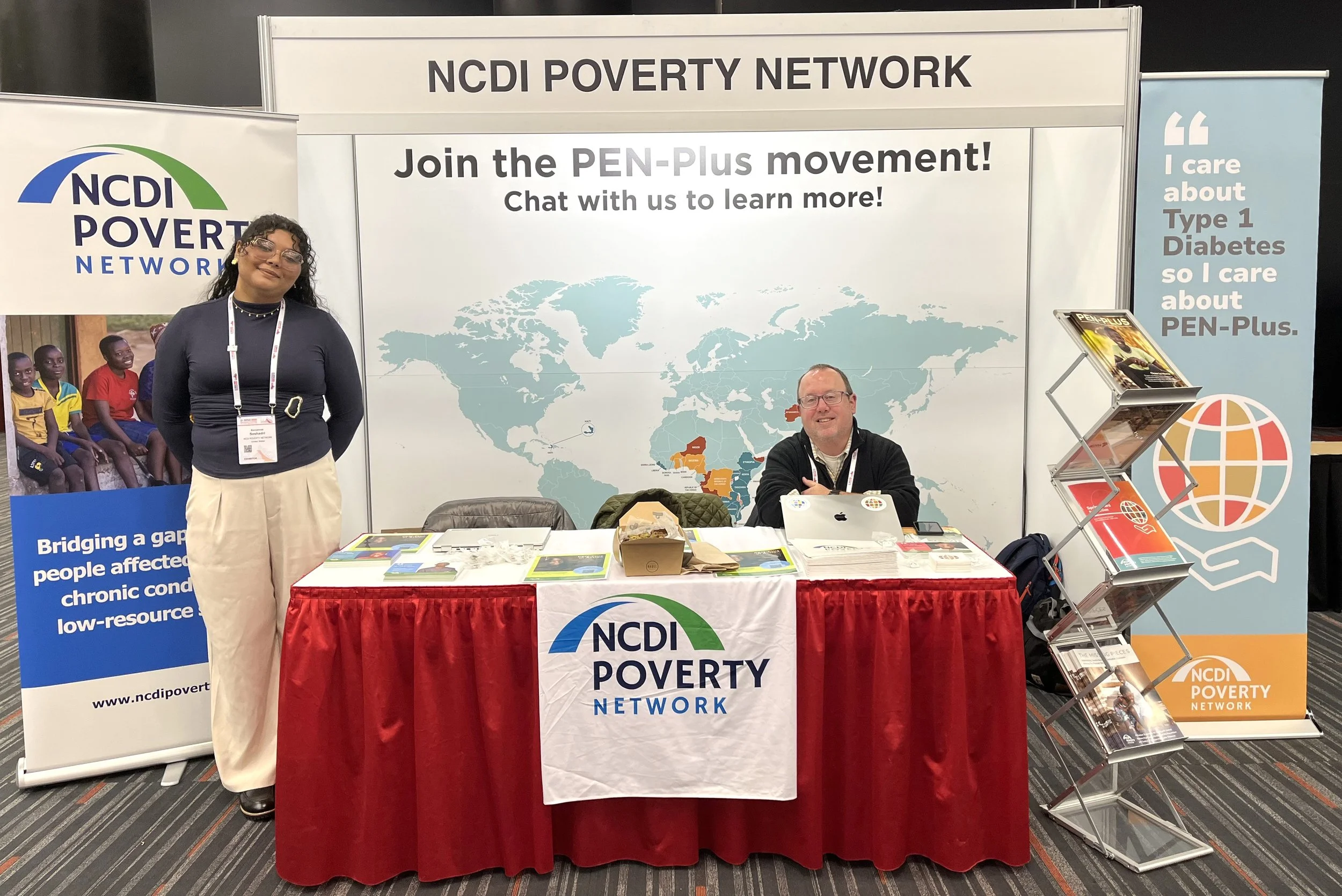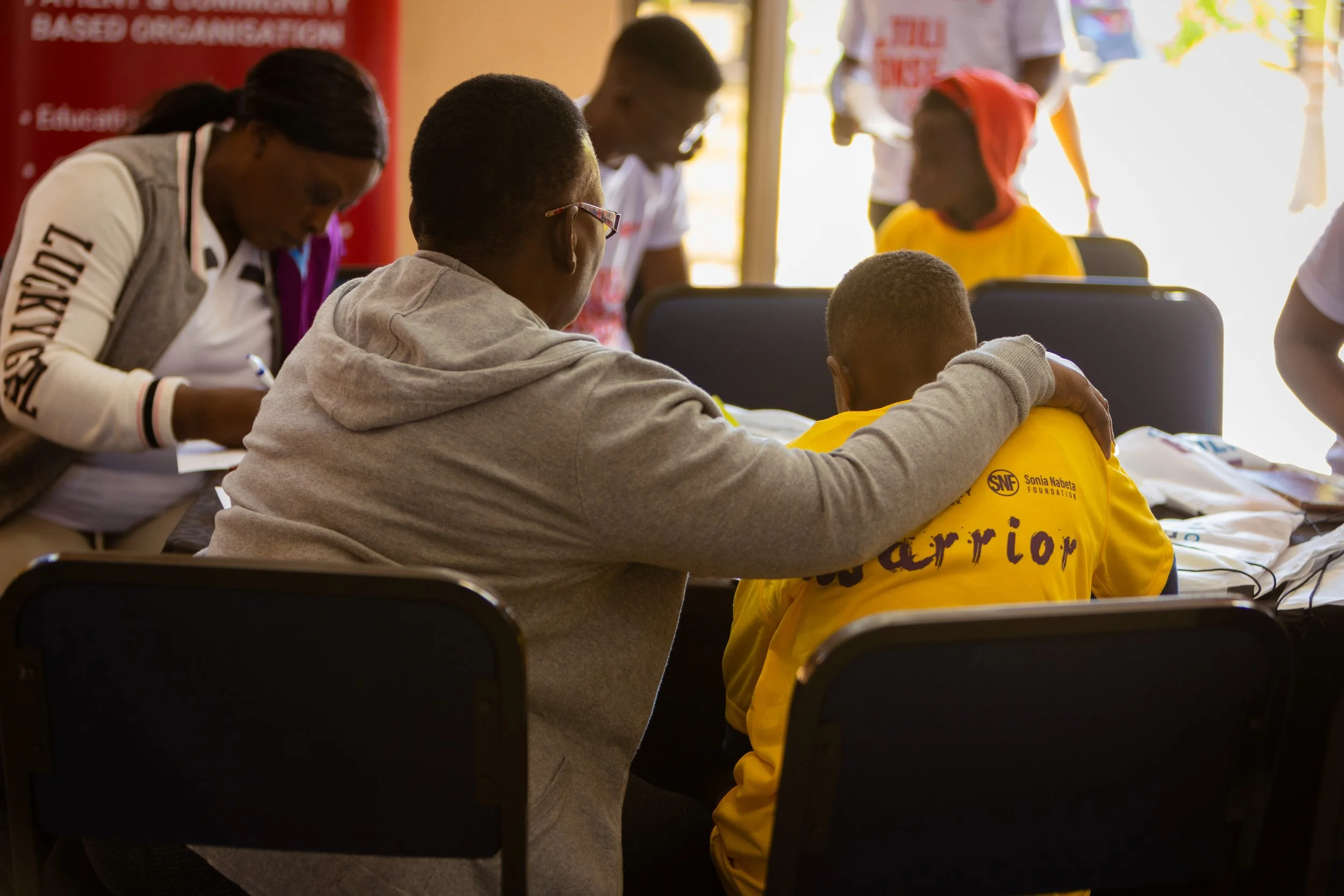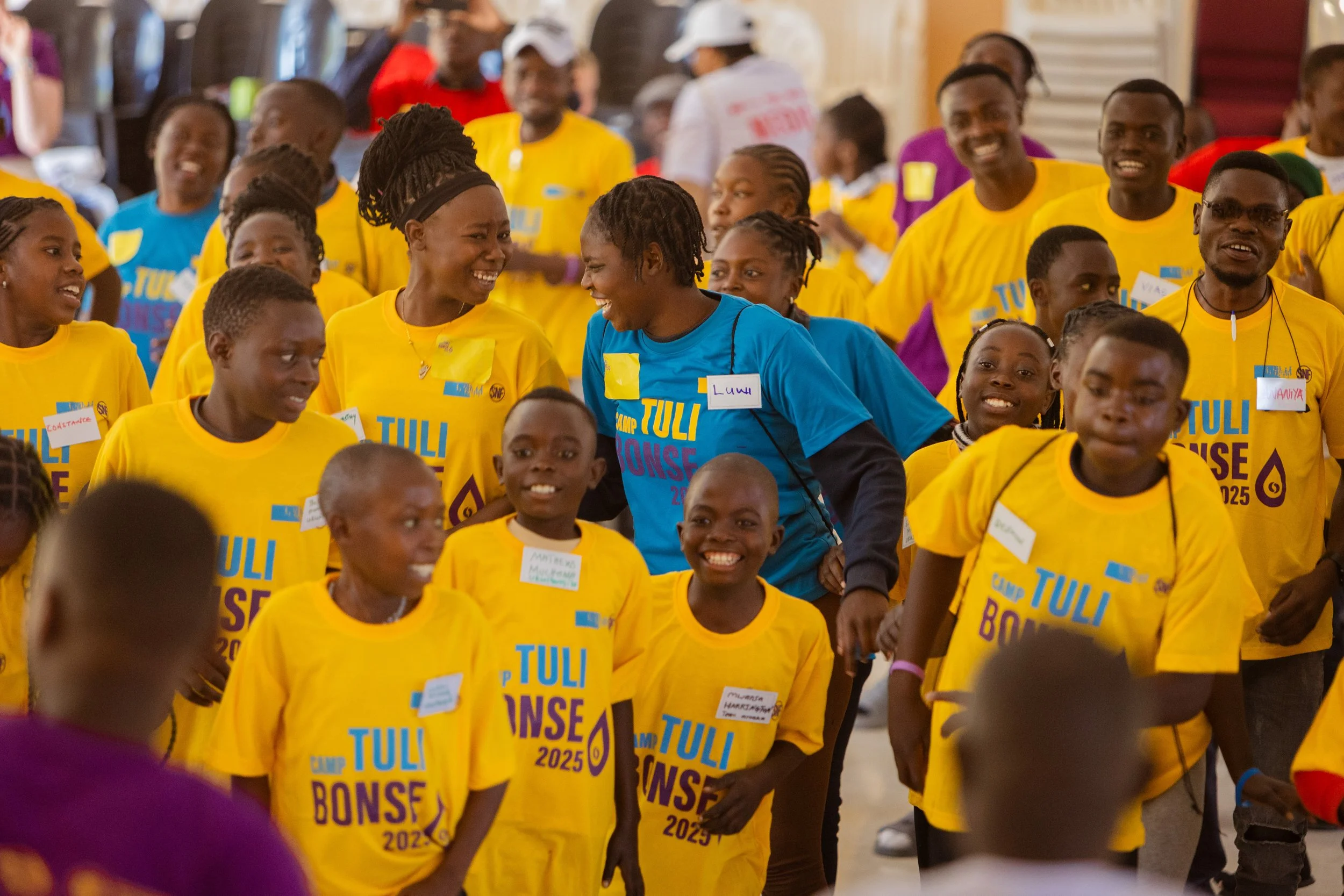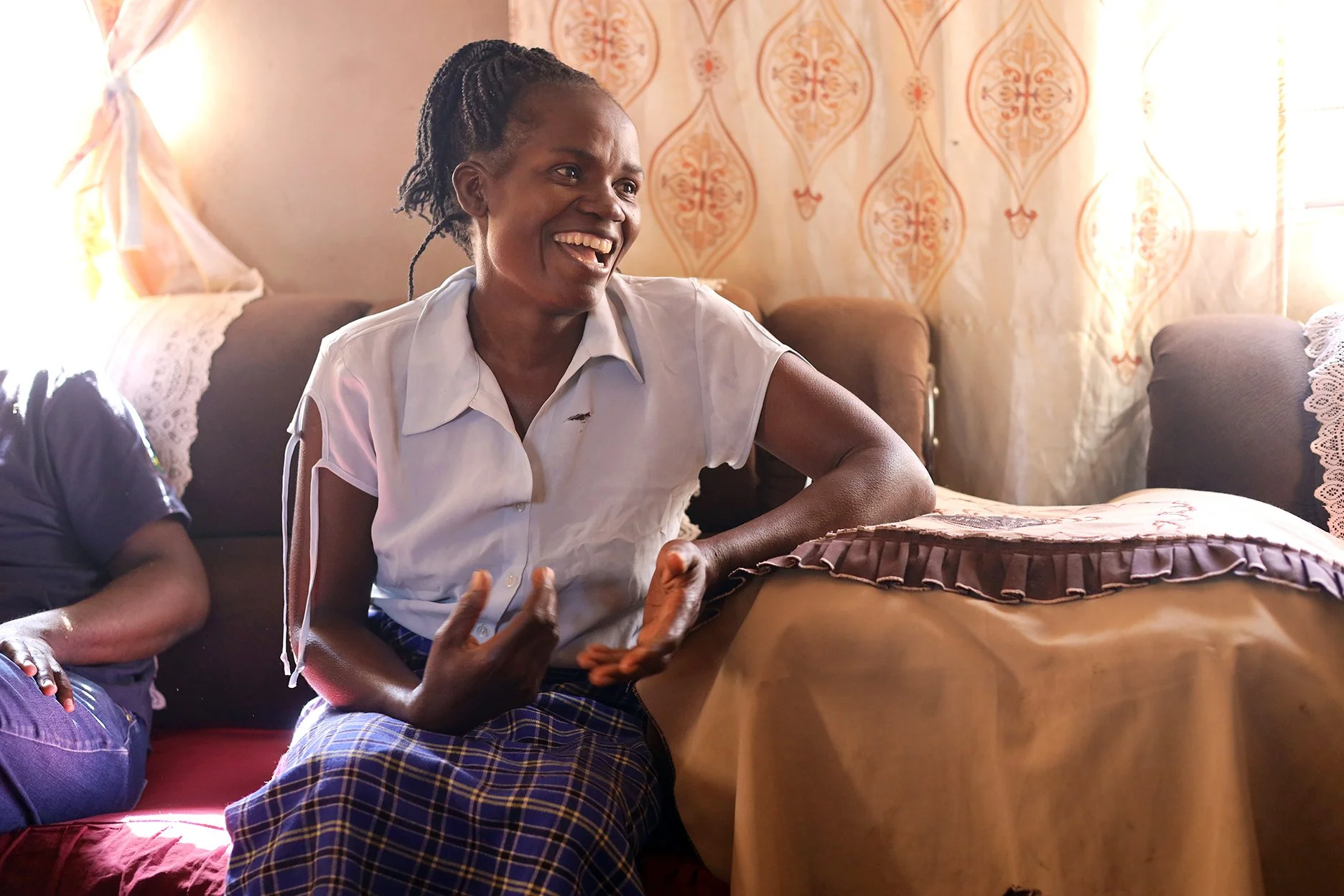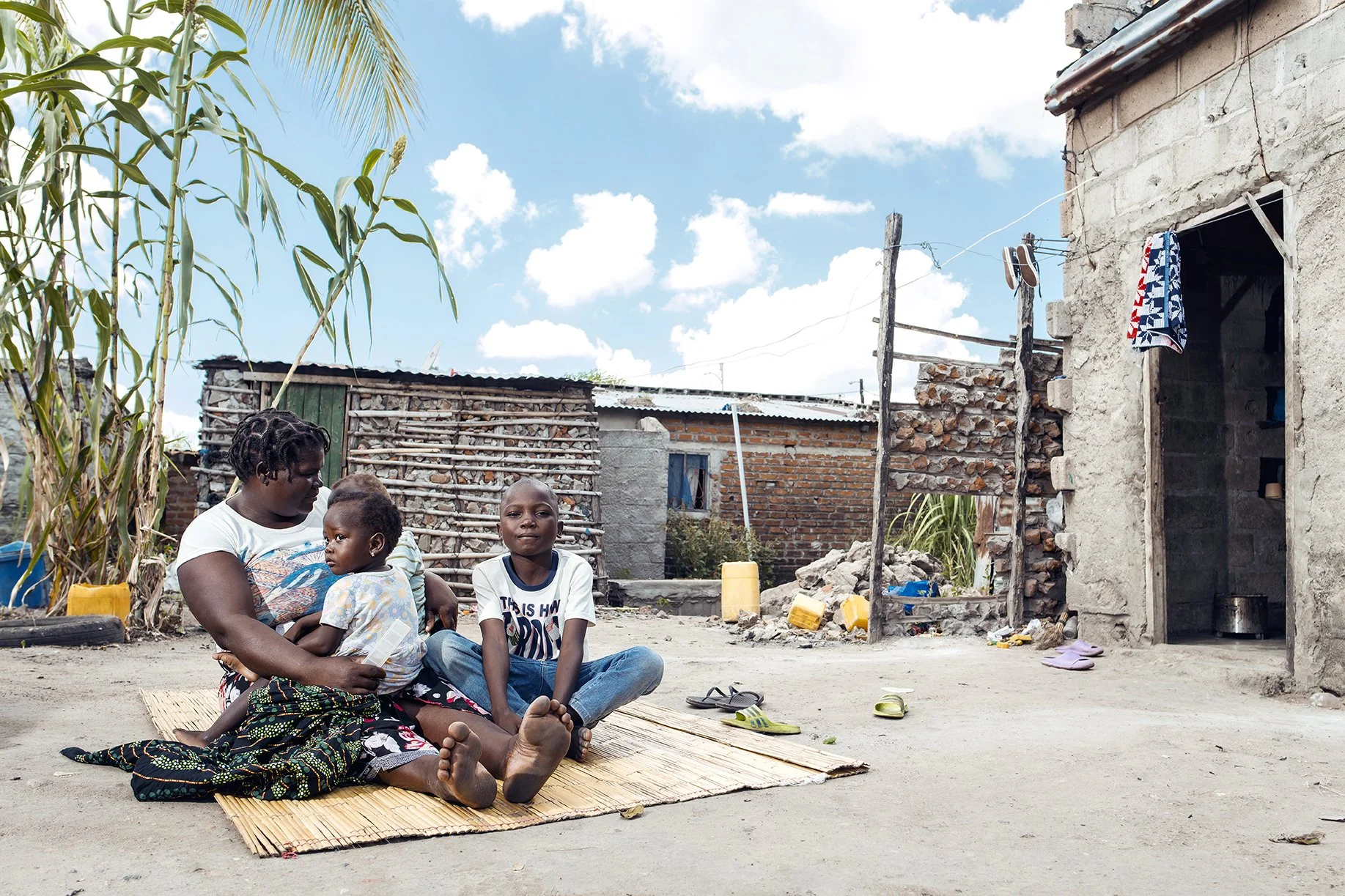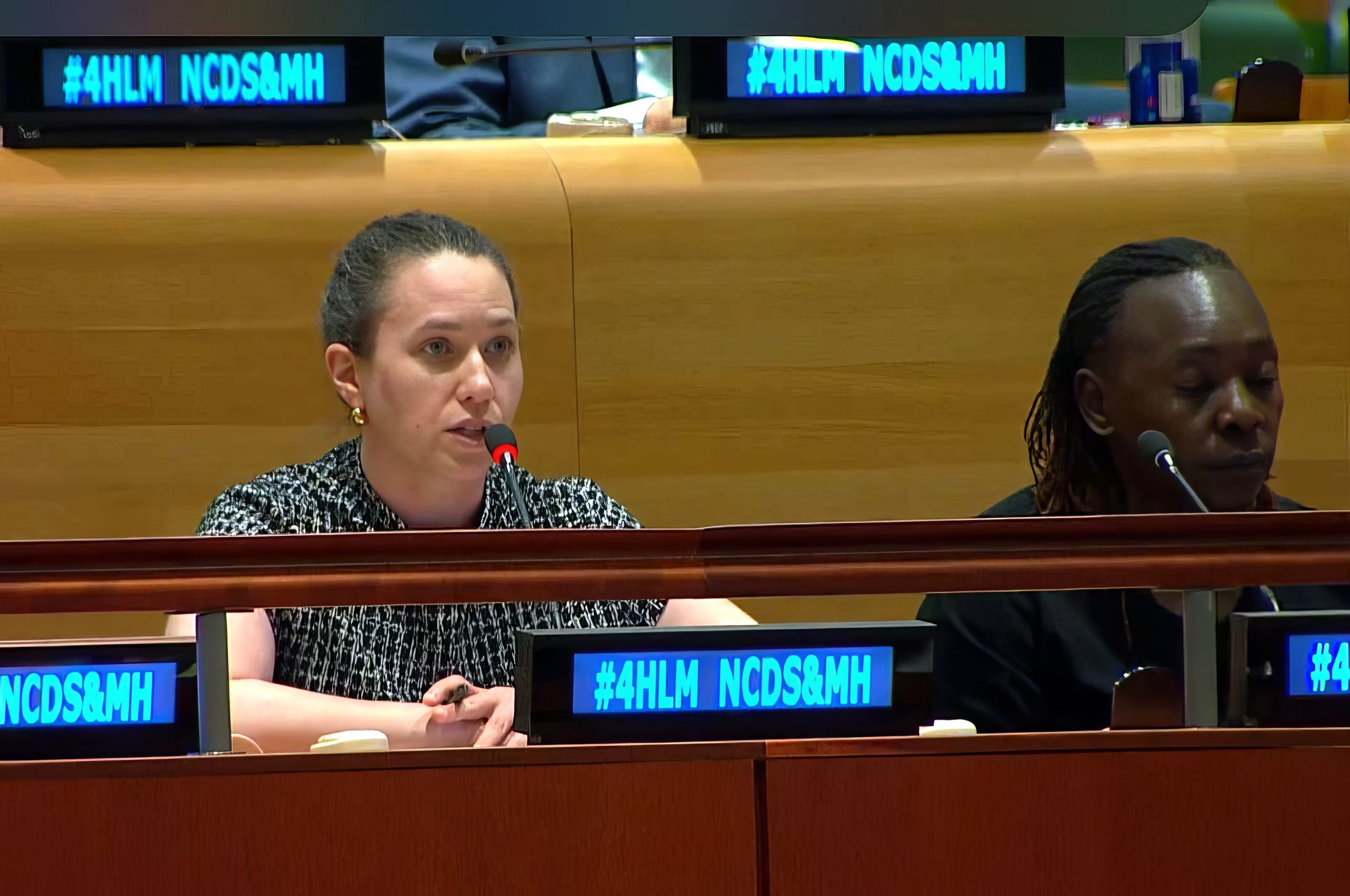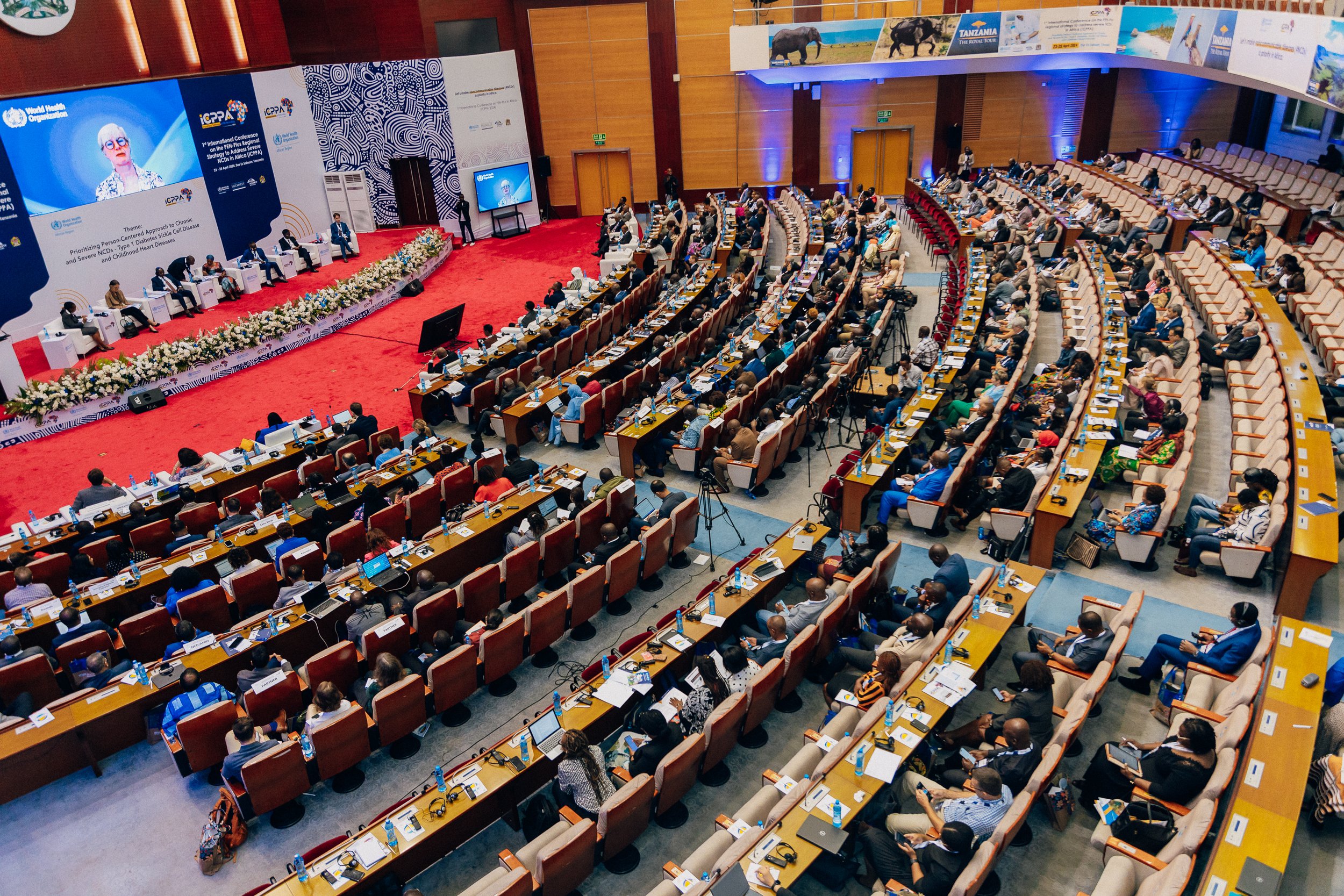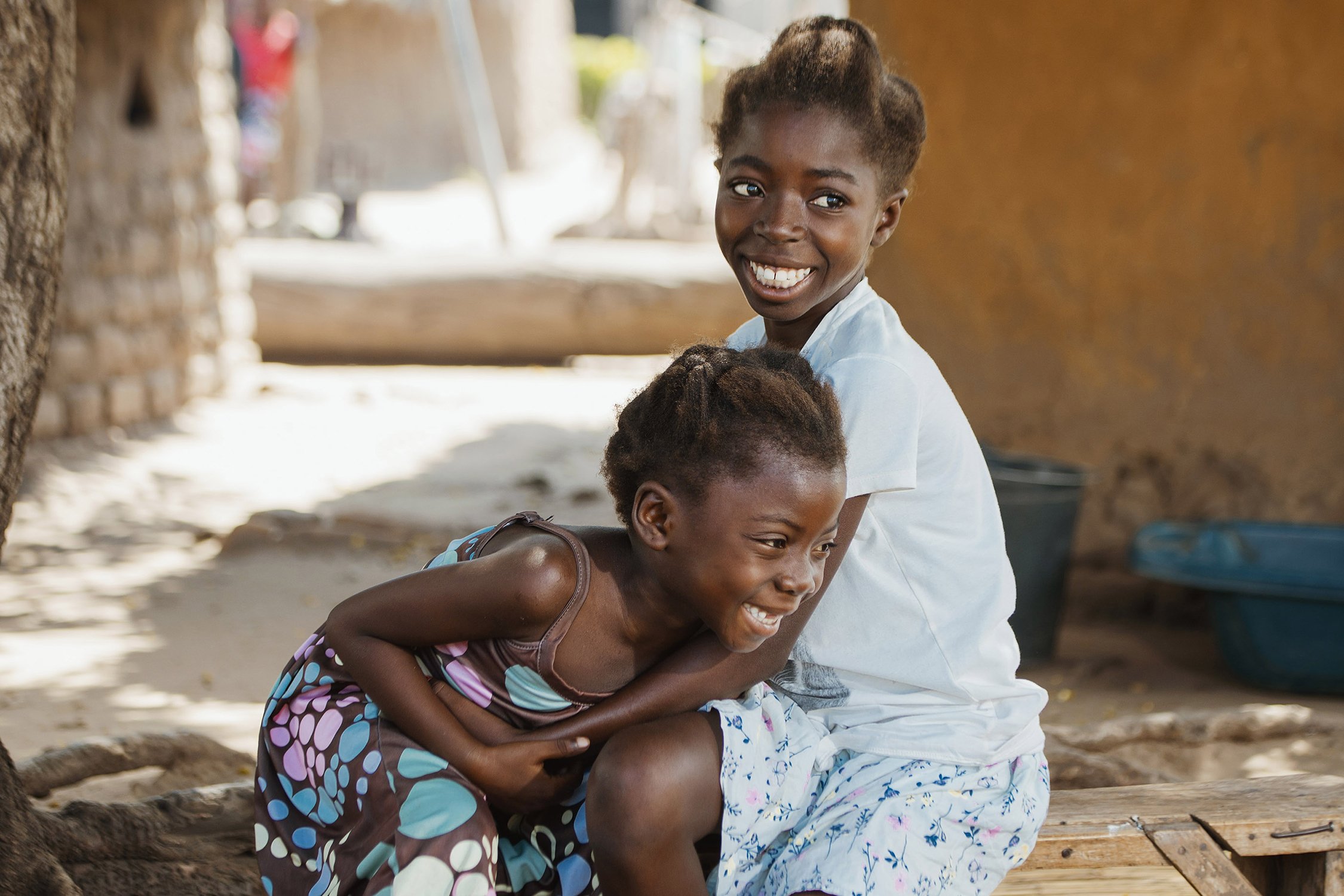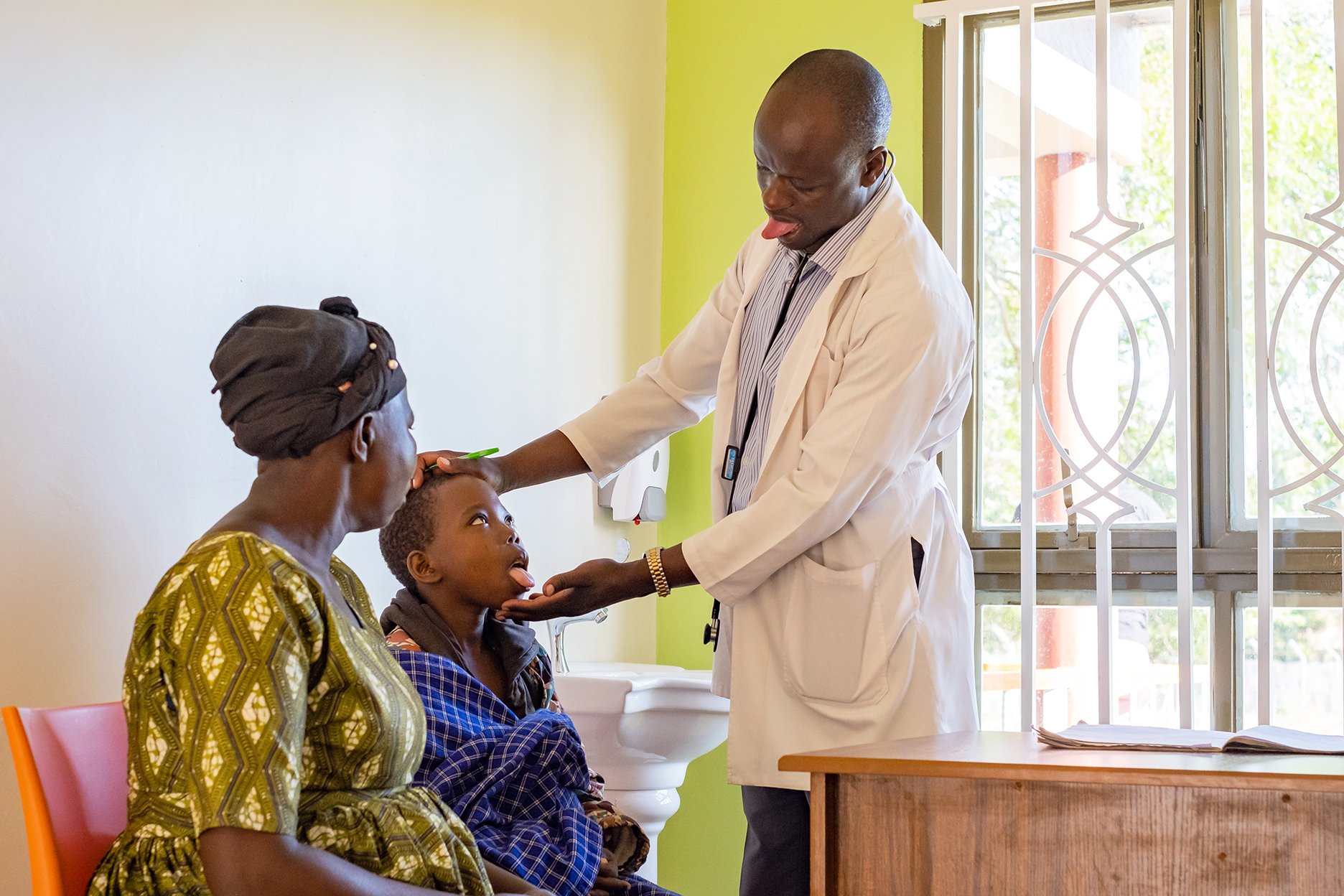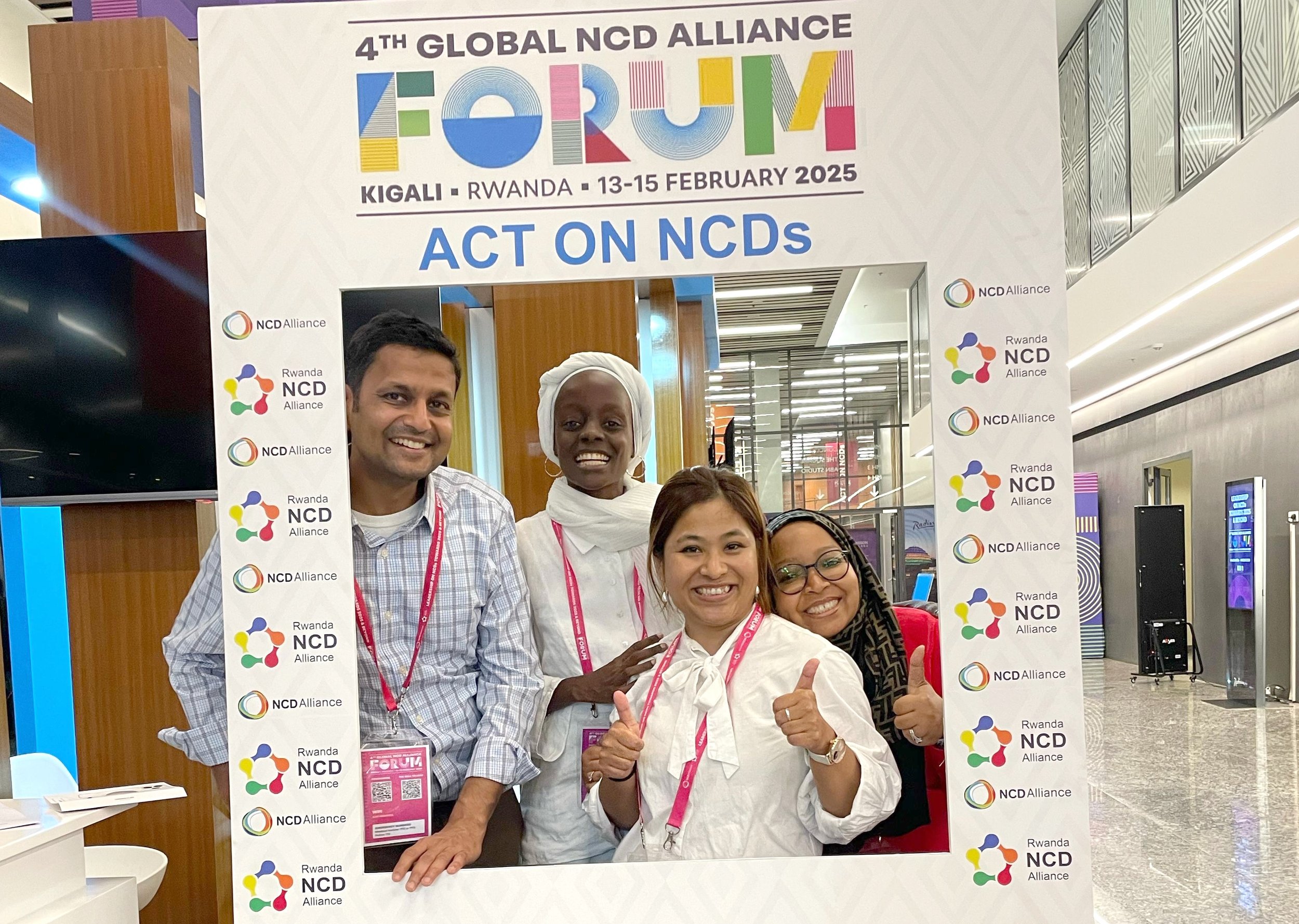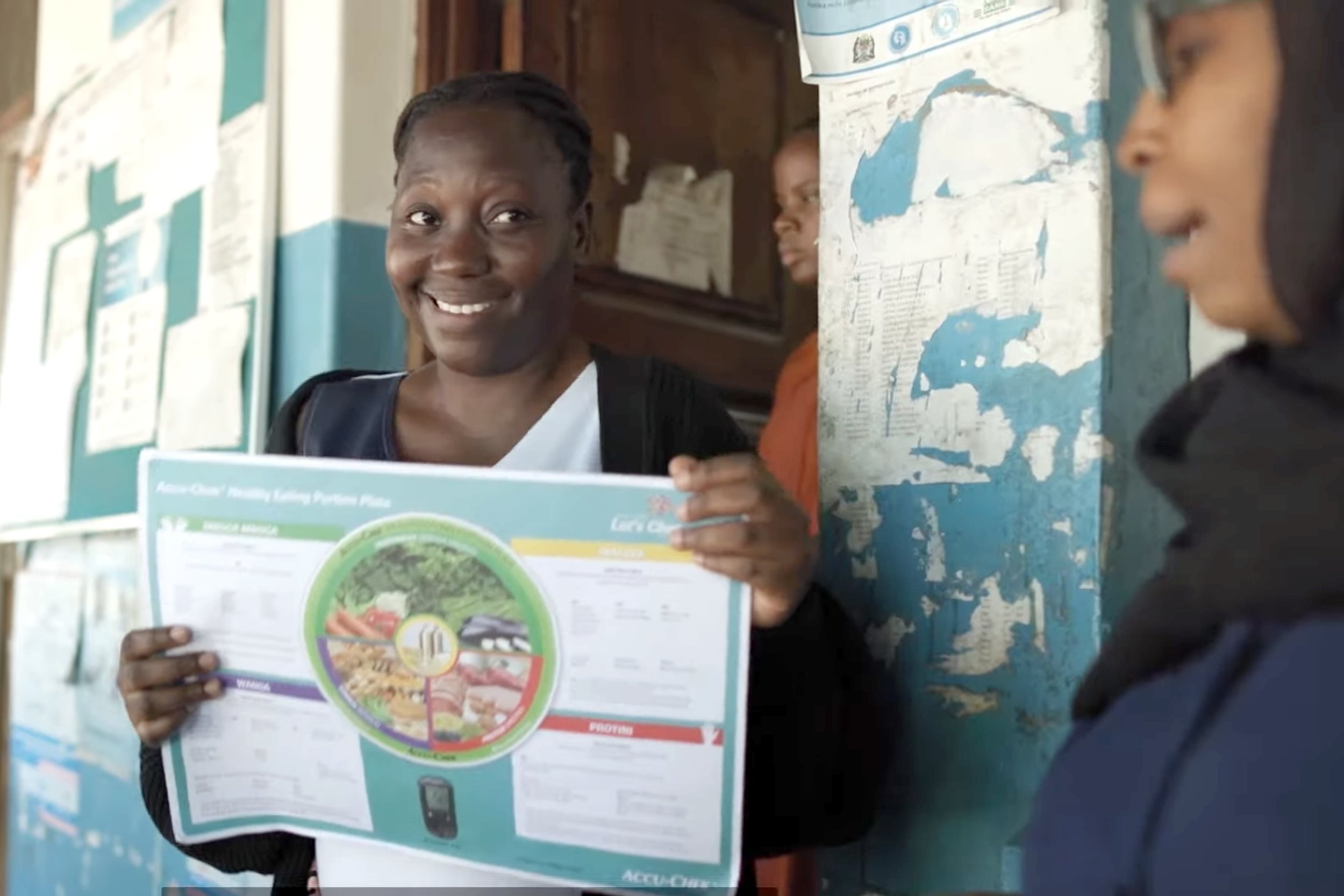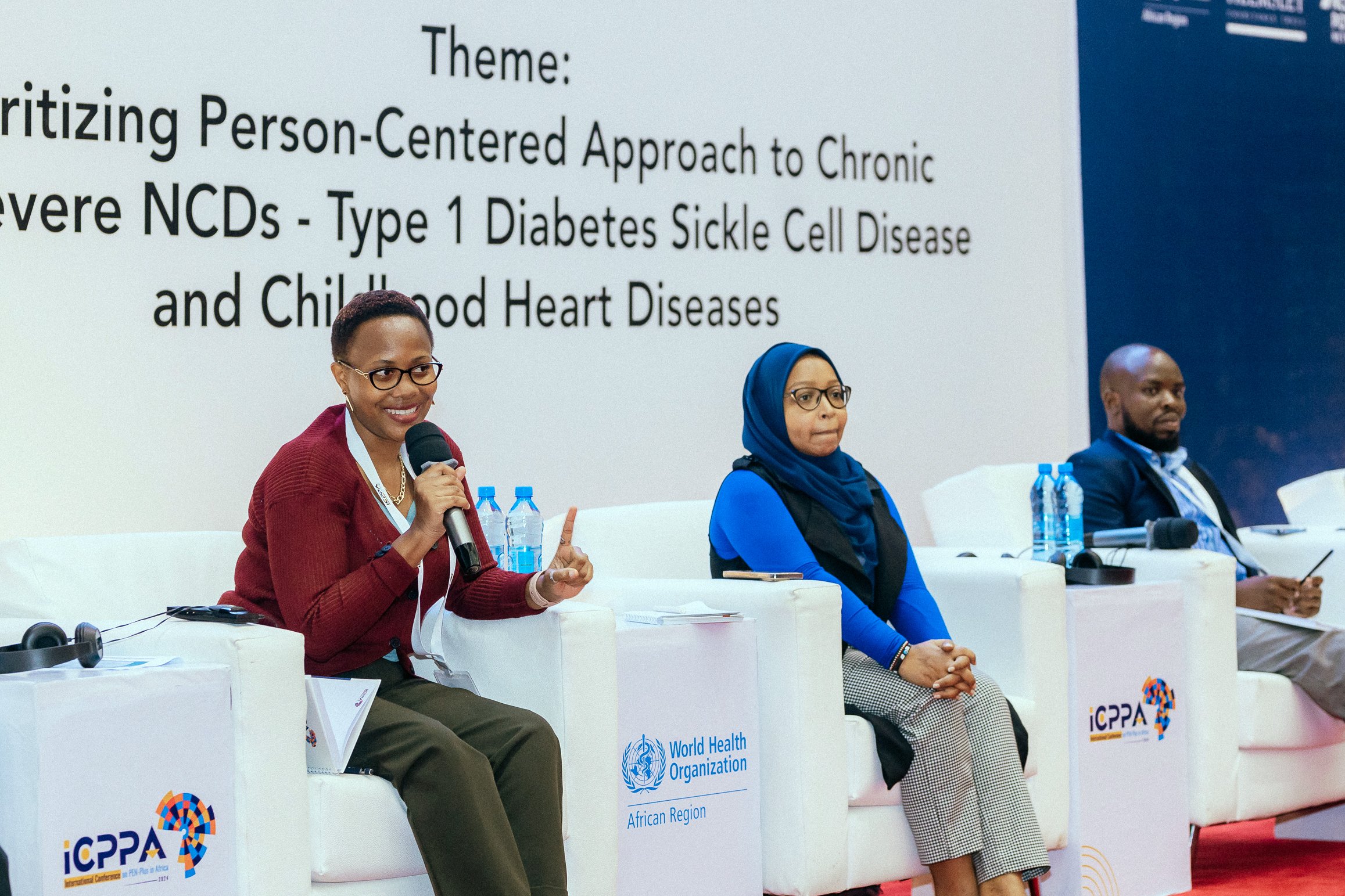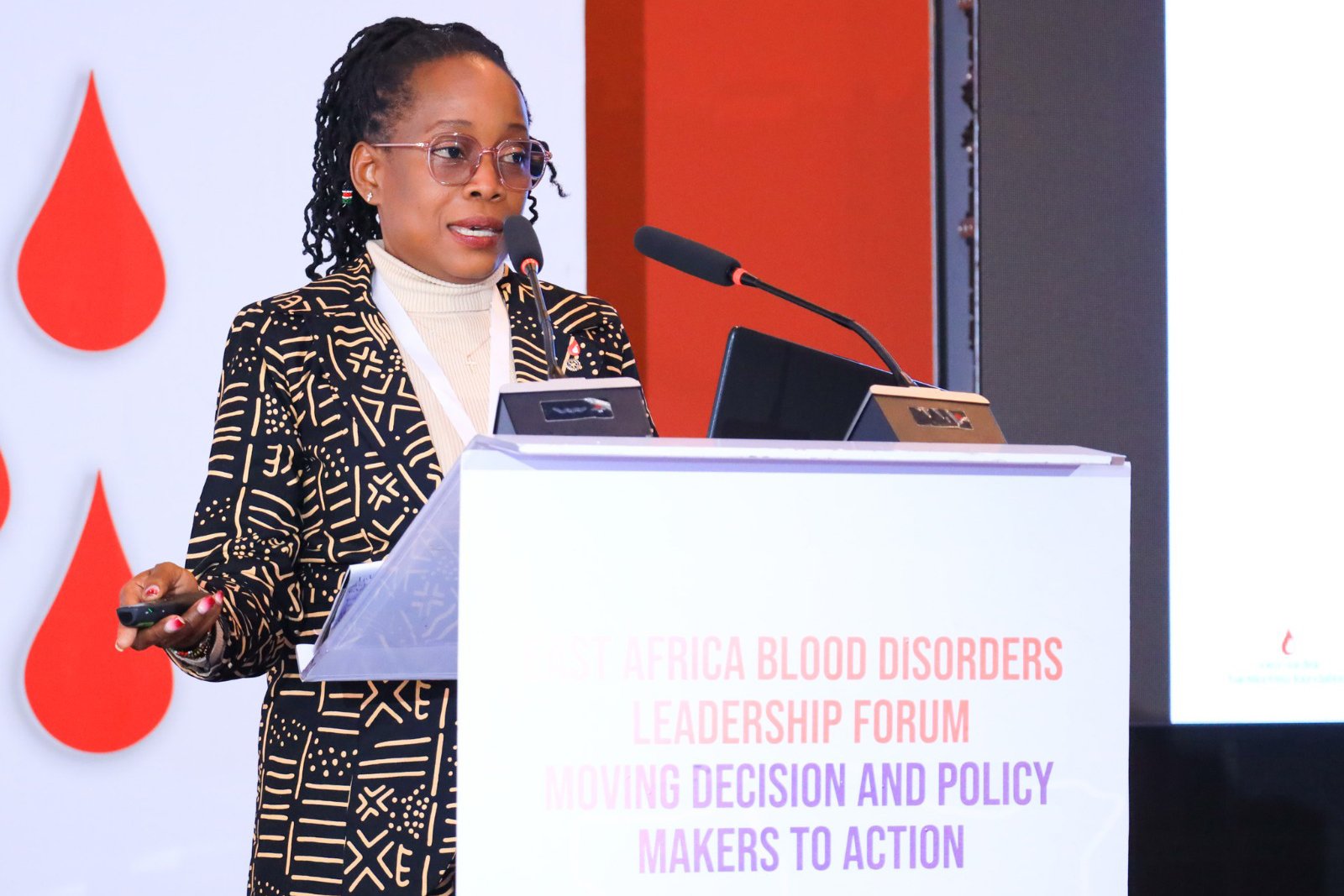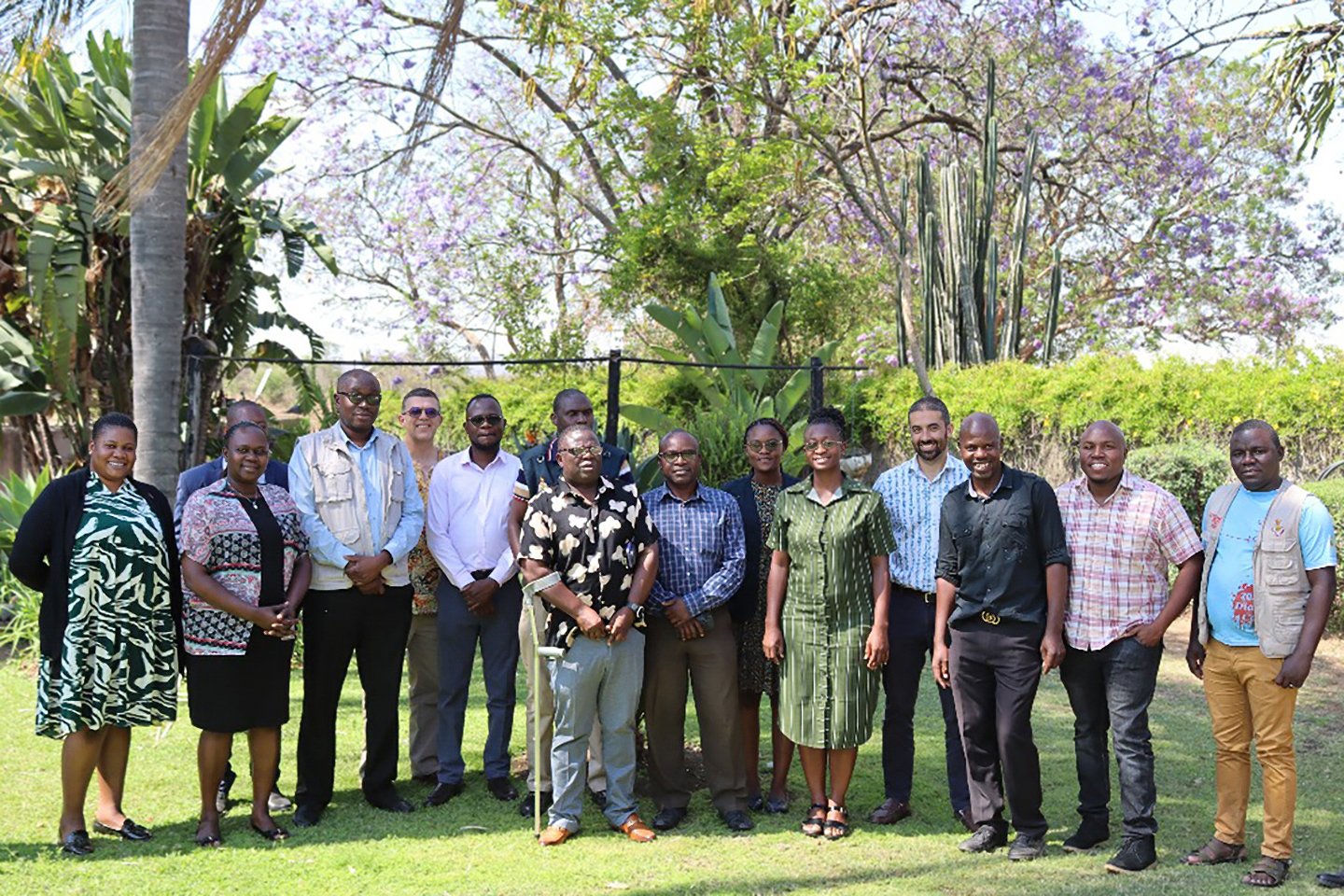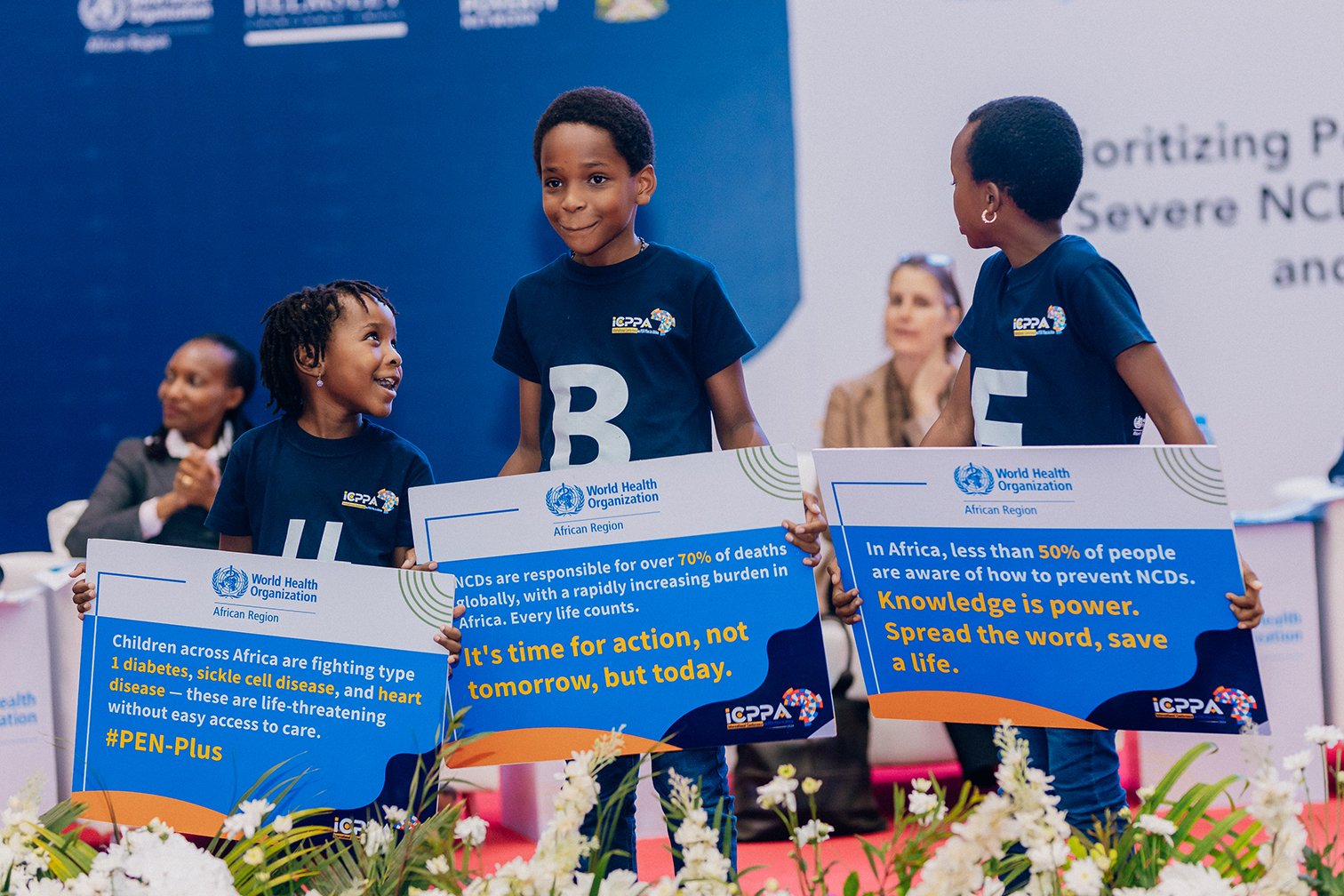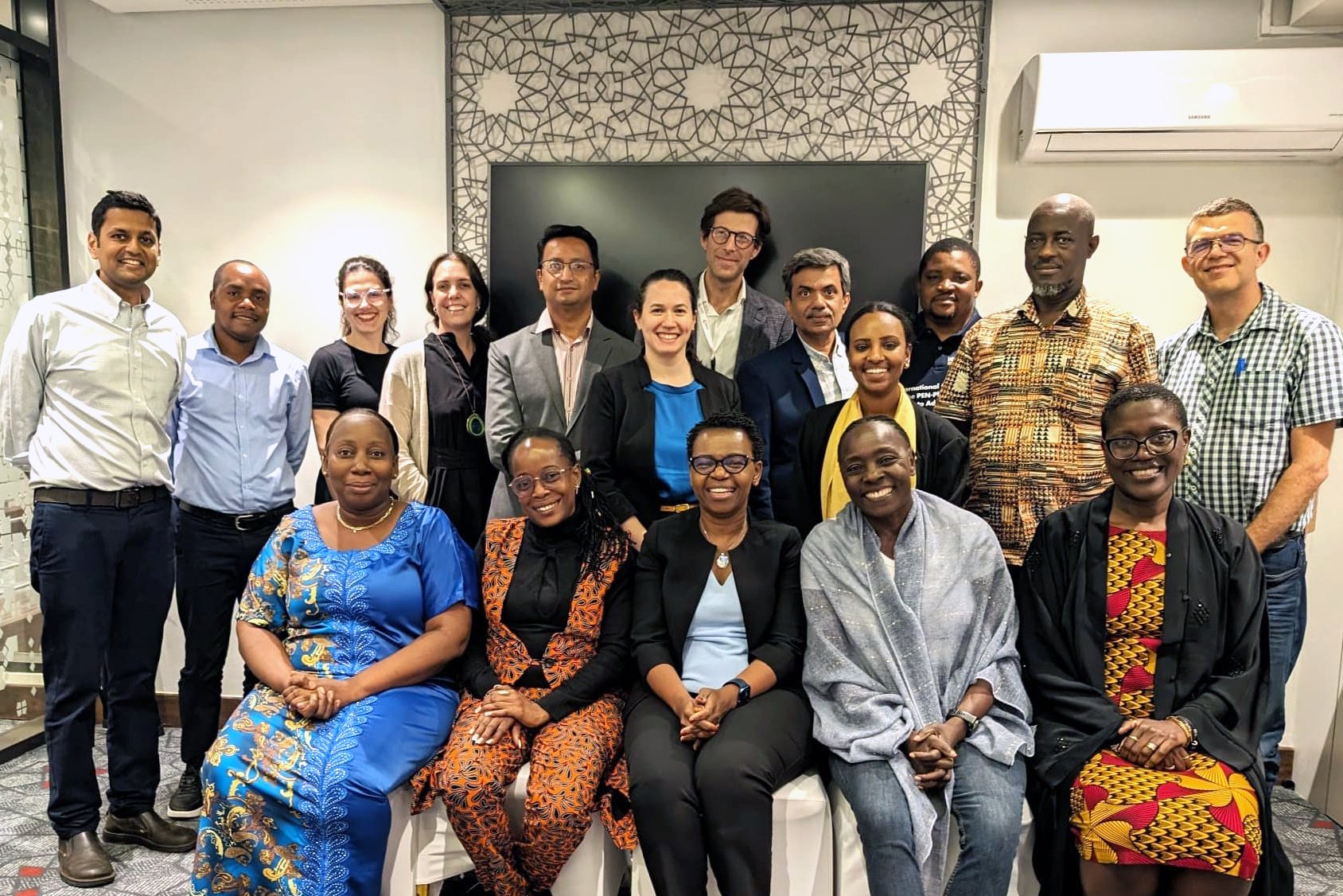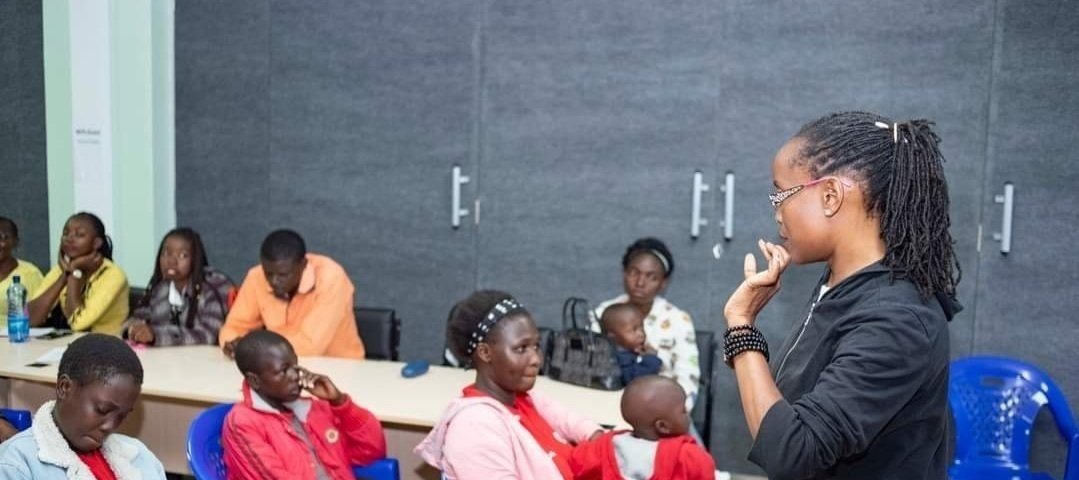
Advocacy
Mobilizing technical, policy, and financing support for integrated service delivery models
The NCDI Poverty Network works to raise awareness of the need to prioritize access to care for severe conditions that disproportionately affect the world’s poorest children, adolescents, and young adults, to amplify the voices of people living with these severe conditions, and to mobilize a global campaign of solidarity to address these conditions as both a moral imperative and a key to achieving universal health coverage.
Voices for PEN-Plus

Voices for PEN-Plus advocates who presented during the first International Conference on PEN-Plus in Africa included, from left, Moses Echodu, a childhood cancer survivor from Uganda; Arafa Said, a sickle cell warrior from Tanzania; Emmanuella Selasi Hormenoo, a type 1 diabetes warrior from Ghana; and Neema Mohamed, a sickle cell warrior from Tanzania. (Photo: Courtesy of the WHO Regional Office for Africa)
Voices for PEN-Plus, an initiative of the NCDI Poverty Network, brings together people with lived experience to advocate for implementation of PEN-Plus in rural sub-Saharan Africa and South Asia.
All of the program’s advocates are from a country actively involved in initiating or implementing PEN-Plus, an innovative and integrated care-delivery model. Although they do not receive their care at a PEN-Plus clinic, each advocate lives with a severe, chronic noncommunicable condition, such as type 1 diabetes, sickle cell disease, childhood heart disease, or childhood cancer.
Although the advocates live in disparate countries, they have faced common challenges, including difficulty accessing medicine, stigmatization, and a lack of education about their condition among their community members.
“You all represent a voice, a story, and a hope for a better tomorrow,” Dr. Apoorva Gomber, the Network’s associate advocacy director, told the advocates during the official launch of the program in September 2023. “There’s no better way to advocate for health systems that meet our needs than as an organized coalition. When you learn from others living with noncommunicable conditions, you become an advocate not only for your disease but also for theirs. PEN-Plus serves multiple disease communities, and we support each other too.”
Advocacy priorities for 2023-2025
to build a solidarity movement around PEN-Plus at global, national, and local levels;
To advocate for funding—from individuals, organizations, legislatures, and parliaments—for PEN-Plus internationally; and
To engage advocates on a grassroots level to ensure PEN-Plus care is relevant, effective, culturally appropriate, and socially and financially supported.
